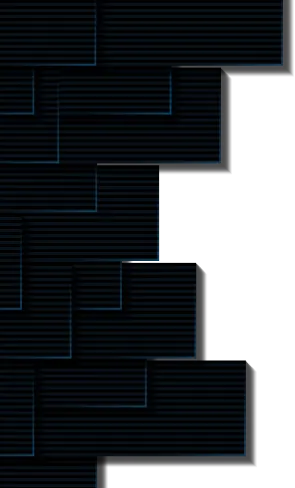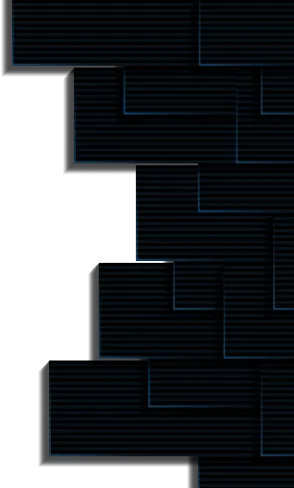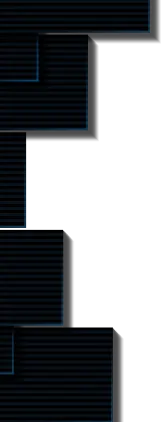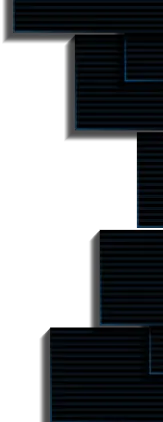What is DAO?
Parag

One of the most important characteristics of digital currencies is their decentralized nature. It implies that they are not controlled by a single entity, such as a government or central bank, but are distributed over a network of computers, networks, and nodes. In many situations, virtual currencies leverage their decentralized character to achieve degrees of anonymity and security that the traditional currencies and their transactions do not have. The DAO was a self-organizing, decentralized organization. It functioned as a venture capital fund, based on open-source code and lacking a traditional management structure. The DAO was unaffiliated with any single nation-state in order to be truly decentralized, despite using the Ethereum network.
Dan Larimer, the inventor of BitShares, Steemit, and EOS (Block.one), initially suggested the notion of a DAO in 2015, and Ethereum’s Vitalik Buterin improved it in 2016.
In 2016, a group of developers, inspired by the decentralization of cryptocurrencies, devised the concept of a decentralized autonomous organization, or DAO. The DAO’s creators hoped that by putting decision-making authority in the hands of an automated system and a crowdsourced process, they could remove human error. The DAO, which is powered by ether, was created to allow investors to contribute money anonymously from anywhere on the globe. The DAO would then issue tokens to those owners, granting them voting rights on potential initiatives.
In short, DAO is an abbreviation for “decentralized autonomous organization,” and it is an open-source blockchain technology regulated by a set of rules encoded in computer code, which executes autonomously according to the protocol’s behaviour and automatically perform specific activities without the need for middlemen.
How does DAO work?
A DAO launch typically consists of three key phases.
- Smart contract creation: To begin, a developer or group of developers must construct the DAO’s smart contract. They can only alter the rules specified by these contracts after launch by using the governance system.
- Funds: Once the smart contracts are formed, the DAO must decide how to receive funding and implement governance. Tokens are frequently sold to raise cash; these tokens grant holders voting rights.
- Deployment: Once everything is in place, the DAO must be placed on the blockchain. From this point on, stakeholders make decisions about the organization’s future.
A DAO can work by interacting with external data and executing instructions based on it using smart contracts without human intervention. A DAO is often run by a community of stakeholders motivated through some sort of token system.
A DAO’s rules and transaction records are transparently recorded on the blockchain. In most cases, rules are determined by a vote of stakeholders. Proposals are often used to make decisions within a DAO. It is implemented if a proposal receives a majority vote from stakeholders (or satisfies another rule established in the network consensus rules). Members of a DAO are tied by a shared objective and network incentives connected to consensus rules. These regulations are entirely transparent and are written in the organization’s open-source software. Because DAOs function beyond boundaries, they may be subject to several legal jurisdictions. A community of participants manages a DAO once it has been implemented. If the protocol’s governance rules are well-designed, they should drive participants toward the best profitable conclusion for the network.
Simply defined, DAOs serve as an operating system for open collaboration, allowing individuals and organizations to interact without knowing or trusting each other.
How does DAO relate to DeFi?
Before the end of 2019, most of the crypto community’s understanding of DAOs was likely limited to the DAO breach and the decentralized collateral finance platform Maker DAO.
However, the proliferation of decentralized finance (DeFi) protocols has increased the popularity of DAOs in 2020 since several yield farming and decentralized exchange (DEX) platforms, such as Compound (COMP), yearn.finance (YFI), and Uniswap (UNI), rely on them for governance.
Specific use cases for particular goals abound in the field of decentralized finance (DeFi). The idea of decentralized autonomous organizations (DAOs) is undoubtedly crucial to DeFi discussions. Still, it does not necessarily fit into the DeFi box – its potential applications are just too vast to be confined to decentralized finance alone.
Decentralized (or distributed) autonomous organizations are a governance paradigm rather than a specific use case in the blockchain-powered financial products sector. DAOs have evolved into particular forms, and many of them are DeFi products. However, the DAO idea may be implemented in many different sectors of society in the future.
Is DAO secure?
Starting an organization with someone that includes finance and money demands a high level of trust in the individuals you’re working with. But it isn’t easy to put your faith in someone you’ve only ever communicated with on the internet. With DAOs, you don’t have to trust anybody else in the group; you simply have to trust the DAO’s code, which is completely visible and verifiable by anyone.
The rules that govern a DAO are complicated to modify once they are in place, as any modifications would need the development of new code and network consensus approval.
Because of its inability to respond fast to code issues, a DAO is vulnerable to hacker assaults that might exploit security weaknesses and deplete the cryptocurrency’s assets.
The most well-known example is, of course, the 2016 hacking of “The DAO,” a crowdfunding initiative that received record financing despite having many recognized security vulnerabilities in its programming. At the time, about 3.6 million ETH were taken, and the aftermath culminated in an Ethereum hard fork to reverse the attack, which is why we now have both Ethereum and Ethereum Classic.
Here are some examples of how you may use a DAO:
- A charity: You may accept membership and donations from people worldwide, and the organization can determine how to spend the money.
- A freelancer network: You might form a group of contractors who pool their cash to pay for office space and software subscriptions.
- Grants and ventures: You might set up a venture fund that pools investment funds and votes on which businesses to support. Repaid funds might be redistributed to DAO members in the future.
DAO FAQs
1. What distinguishes a DAO from a standard LLC?
In contrast to a standard LLC controlled by human members/managers, a DAO can be administered either by human members/managers or by an algorithm.
2. Is a registered agent required for a DAO?
Yes, you must have a registered agent to register a DAO, just like any other LLC.
3. Can I convert an LLC to a DAO if I already have one registered? If so, how so?
Yes, an existing domestic LLC can be converted to a DAO. You must file an amendment to your articles.
4. What does the DAO’s future hold?
The general public’s interest in decentralized autonomous groups is growing. In 2021, The Maker Foundation, the initial promoter of DAO and a crypto industry icon, stated that it was formally handing over operations to Maker DAO and would be dissolved by the end of the year.
While there are numerous unanswered questions and possible difficulties surrounding legality, security, and structure, some experts and investors predict that this kind of organization could eventually gain traction, maybe even replacing traditionally organized firms.
Check out all the DAOs listed on The Dapp List.
Resources
https://ethereum.org/en/dao/
https://stanford-jblp.pubpub.org/pub/rise-of-daos/release/1…
https://linda.mirror.xyz/Vh8K4leCGEO06_qSGx-vS5lvgUqhqkCz9ut81WwCP2o





Subscribe to receive Alpha!
Join 4.3k subscribers from renowned companies worldwide and get a weekly update in your inbox. Stay updated on the latest and finest projects and product updates.

